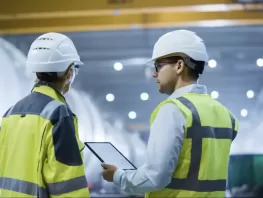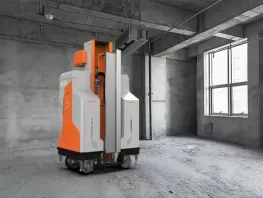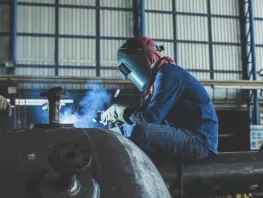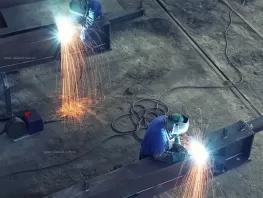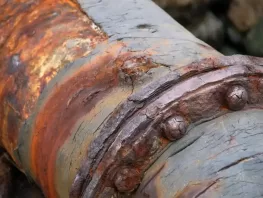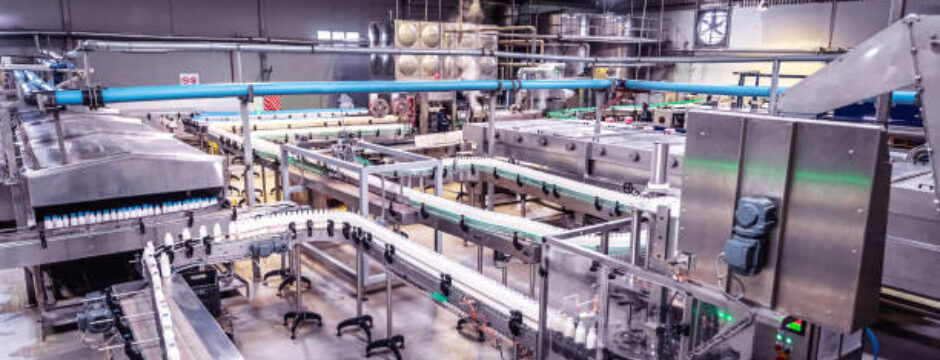
Why Resinous flooring systems are ideal for the food and beverage manufacturing industry
Posted Aug 09, 2021 by Dave Scaturro

Resin flooring provides a tough, chemical resistant floor finish suitable for domestic, industrial and commercial projects. It has the advantage of being extremely tough and durable as well as having a degree of flexibility under stress. Resinous flooring involves applying a base of resinous material to concrete, creating a smooth, non-porous flooring surface similar to what you see in supermarkets and similar food and beverage facilities.
Because of their many challenges like heavy foot traffic and cleaning compounds, food processing manufacturers require seamless, sanitary and easy-to-clean floors. These facilities need unique flooring solutions for moisture, temperature extremes, chemical intensive cleaning, and traffic from carts, crates, forklifts and more.
Resins are widely used as adhesives, coatings or as a construction material when a strong bond is required. Having a floor that lasts, is easy to maintain, and slip resistant allows food and beverage manufacturers to focus on producing quality products and spend less time worrying about the facility. Seamless resinous flooring options are the way go for food and beverage companies for the following reasons:
Durability: Seamless flooring that stands up to the wear of daily hard use from impacts, high traffic, and food acids, and cleaning compounds.
Low maintenance: Flooring solutions with a minimal maintenance regimen last longer and perform better over time than alternative tile or dairy brick options.
Seamless: Wall to wall coverage with seamless integration drainage and ramping.
Thermal shock resistant: Can withstand the temperature shifts, heating elements, steam, and wash-downs.
Some systems require a primer to help bond the layers. Next a body coat is installed for thickness and strength, followed by a broadcast or grout coat which gives you textures and aesthetics, and lastly a performance topcoat is applied to protect against chemical attack, cleaning and normal wear and tear. Give Alpine a call and we will guide you through the best flooring installation for your high-traffic commercial area.
